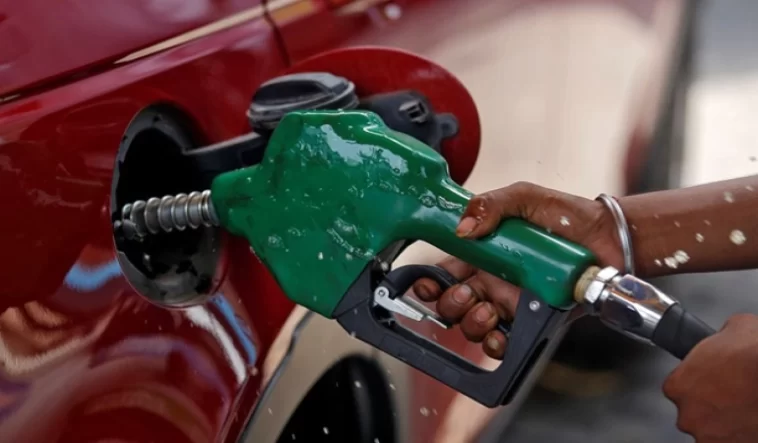On February 16th, the Pakistani government will impose a second increase on petrol prices, just weeks after an increase of Rs35 per liter on January 29th. The latest increase is expected to increase prices by up to 12.5% for the remainder of February 2023.
According to sources, the ex-depot price of petrol will increase by 12% to Rs 32.07 per litre, while high-speed diesel is expected to see a hike of Rs 32.84 per litre, or 12.5%. Kerosene oil is estimated to rise by Rs 28.05 per litre, with light diesel oil increasing by Rs9.90 per litre. The estimated dollar/rupee adjustment is expected to add an additional Rs15 per litre for both petrol and HSD. The petroleum levy on HSD is also anticipated to increase to Rs50 per litre.
The current price of petrol is Rs 249.80 per litre, with HSD at Rs295 per litre, kerosene oil at Rs 189.83 per litre, and LDO at Rs187 per litre. However, if the proposed hike is approved, petrol prices will soar to Rs 281.87 per litre, HSD to Rs 295.64 per litre, kerosene oil to Rs217.88 per litre, and LDO to Rs 196.90 per litre in the second half of February 2023.
Sources say that the ex-refinery price for the same period is set to increase by 21.4%. Ex-refinery petrol prices are expected to rise from Rs 177.40 per litre to Rs215 per litre, with HSD rising 8.8% to Rs240 per litre. Kerosene oil is anticipated to rise by 15.4%, from Rs 182.13 per litre to Rs210.18 per litre, while LDO prices may increase by 6.4%, from Rs 153.99 per litre to Rs 163.89 per litre.
Despite the recent increase in fuel prices, the public is likely to suffer further financial hardship as a result. As a key component of the transportation and agriculture industries, HSD is susceptible to inflation if its price is increased.
Petrol is primarily used by motorbikes and cars as an alternative to compressed natural gas, which is unavailable at CNG stations due to supply shortages during the winter season. On the other hand, kerosene oil is used in remote areas where liquefied petroleum gas is not available.
It is anticipated that this additional increase in the price of petroleum products will cause a significant dent in the wallets of the Pakistani public, further contributing to their financial problems.


